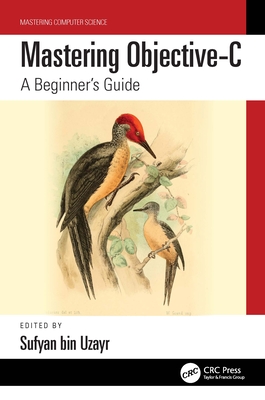
EXPLOITING INTELLECTUAL PROPERTY TO PROMOTE INNOVATION AND CREATE VALUE(Series on Technology Management)
用知识产权促进创新与创造价值
部门法学
¥
1507.5
售 价:
¥
1206.00
优惠
平台大促 低至8折优惠
发货周期:预计3-5周发货
作 者
出版时间
2017年09月05日
装 帧
精装
页 码
350
语 种
英文
综合评分
暂无评分
- 图书详情
- 目次
- 买家须知
- 书评(0)
- 权威书评(0)
图书简介
There are two traditional views of the role of intellectual property (IP) within the field of innovation management: in innovation management research, as an indicator or proxy for innovation inputs or outputs, e.g. patents or licensing income; or in innovation management practice, as a means of protecting knowledge. Exploiting Intellectual Property to Promote Innovation and Create Value argues that whilst both of these perspectives are useful, neither capture the full potential contribution of intellectual property in innovation management research and practice.
The management of IP has become a central challenge in current strategies of Open Innovation and Business Model Innovation, but there is relatively little empirical work available. Theoretical arguments and empirical research suggest that from both an innovation policy and management perspective, the challenge is to use IP to encourage risk-taking and innovation, and that a broader repertoire of strategies is necessary to create and capture the economic and social benefits of innovation. This book identifies how intellectual property can be harnessed to create and capture value through exploiting new opportunities for innovation. It is organized around three related themes: public policies for IP; firm strategies for IP; and creating value from IP, and offers insights from the latest research on IP strategies and practices to create and capture the economic and social benefits of innovation.
Key Features:
o This book aims to identify how intellectual property can be harnessed to create and capture value through exploiting new opportunities for innovation
o The book is different because it does not focus on the legal requirements of IP, but instead identifies how intellectual property can be harnessed to create and capture value
o The book offers insights from the latest research on IP strategies and practices to create and capture the economic and social benefits of innovation
本书暂无推荐
本书暂无推荐











